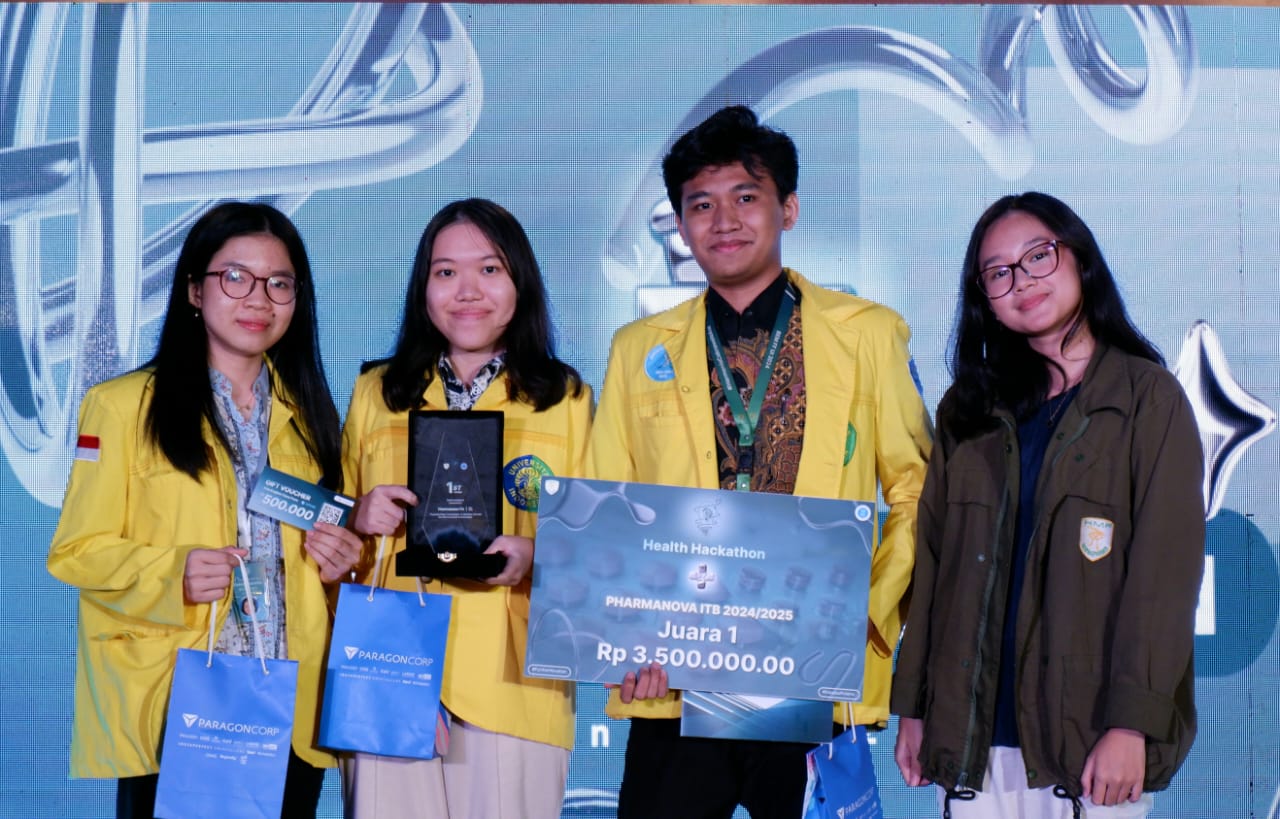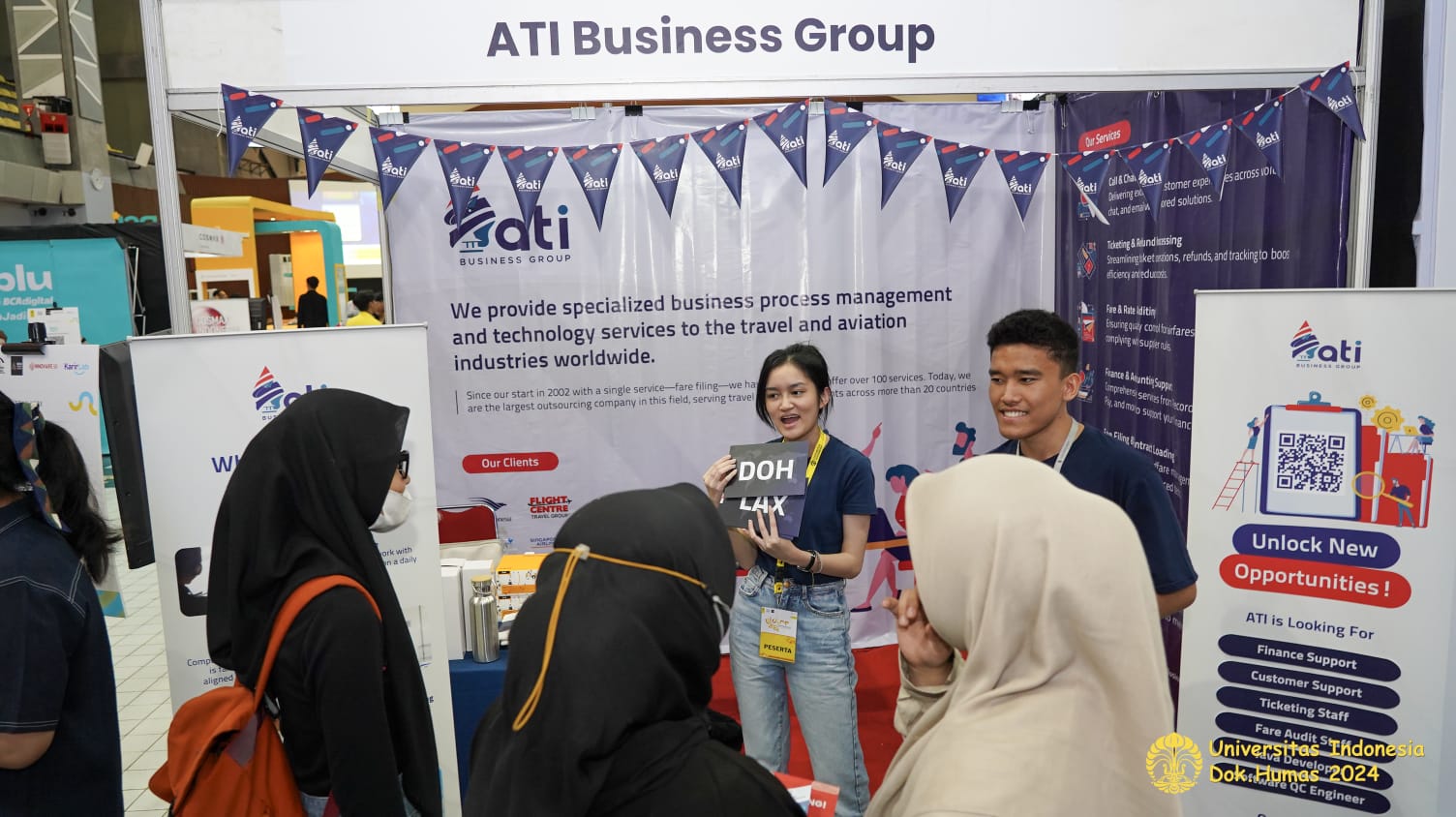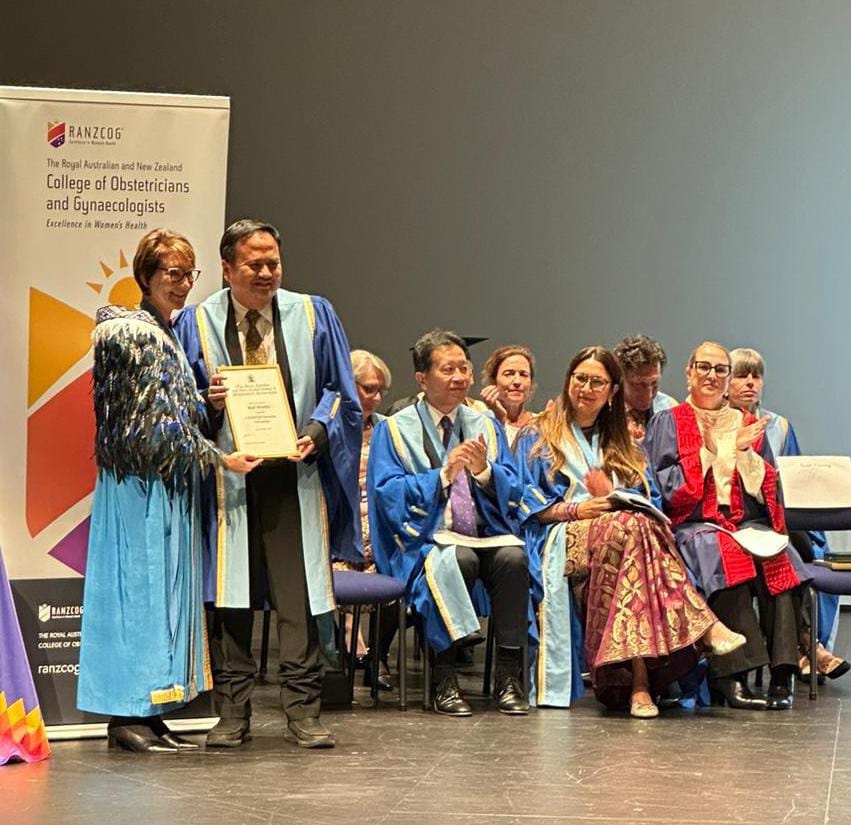![]()
The concepts of “country” and “culture” in society are often seen as conflicting and contradictory concepts. A country with its public policies tends to want something that is general, macro, and uniform, while the concept of culture tends to be limited to a community, be made by a community, and prioritize freedom of various expression. In practice, the country seems to exercise hegemonic power over society, eliminating many traditional cultures in the name of modernization.
In fact, these two things are not always contradictory. There are several ways for the concepts of country and culture to unite, one of which is the concept of “cultural policy”. Prof. Dr. Drs. Semiarto Aji Purwanto, M.Sc., explained the concept of cultural policy in the inauguration speech of Professors of Anthropology, Faculty of Social and Political Sciences (FISIP) UI on Saturday (13/11), entitled “Cultural Policy: Efforts to Develop Community and Archipelago Culture.” In the inauguration, Prof. Dr. Pawenari Hijjang (Universitas Hasanuddin), Prof. Dr. Nursyirwan Effendi (Universitas Andalas), and Prof. Dr. Heddy Ahimsa Putra (Universitas Gadjah Mada) were present.
Aji said that cultural policy is a policy concept made by considering the magic-religious-environmental relationship that usually exists in indigenous communities. In this way, the public policies can accommodate the orderliness desired by the country, but still preserve the traditional cultural elements that exist in the community.
![]()
He gave an example of the implementation of this cultural policy in Taiwan. There, he said, the government provides support to the preservation of local community culture because they need a national identity that distinguishes the Taiwanese from the Chinese.
“Indigenous communities are encouraged to reinvent dances and folk songs that have been forgotten, use local languages that have long been abandoned, design old-style houses, and various other invention of tradition. From the Taiwan case, we learn how cultural identity is used in the diplomatic process to uphold national identity,” he said. This also happened in South Korea, when the government has facilitated the creative and cultural industries with the support of infrastructure and funding, we are now familiar with the hallyu/korean wave phenomenon, a phenomenon of Korean cultural traditions such as songs, dramas, food which are now much loved by various people from all over the world. These examples show how the countries play a role in cultural development.
In his presentation, he also criticized cultural preservation projects carried out by the current government which are more tourism-oriented. According to him, the general policies that have been prepared are correct, but the goal orientation that accompanies them creates problems. “When a culture is used as a cultural attraction, it is often only the attractions that we can see. The magical-religious-environmental meaning of these attractions has often been lost or changed. Another problem is that often the use of culture as an economic commodity only benefits parties outside the community instead of the members of the community itself,” he said.
Semiarto Aji Purwanto currently serves as the Head of the Anthropology Postgraduate Study Program, and manager of Papua Center FISIP UI. He completed his education from bachelor to doctorate at FISIP UI and focused on the field of anthropological studies, especially regarding traditions, local communities, and issues of development and socio-cultural change. His scientific writings related to this field of study have been published nationally and internationally, including Dimensi Adat dan Dinamika Komunitas Dayak di Kalimantan Timur, published by the Jurnal Antropologi Indonesia, The Creation and Re-creation of the Adat Village in West Sumatra in International Journal of Innovation, Creativity and Change,and The Impact of Greening The Narrow Alleys of Densely Populated Settlements in Jakarta, published by International Journal of Geomate. He has received scholarships from Bonn SDG Fellowships Bonn University, Mofa Taiwan Fellowship Scholar Taiwan, and Asean Research Scholarship.



